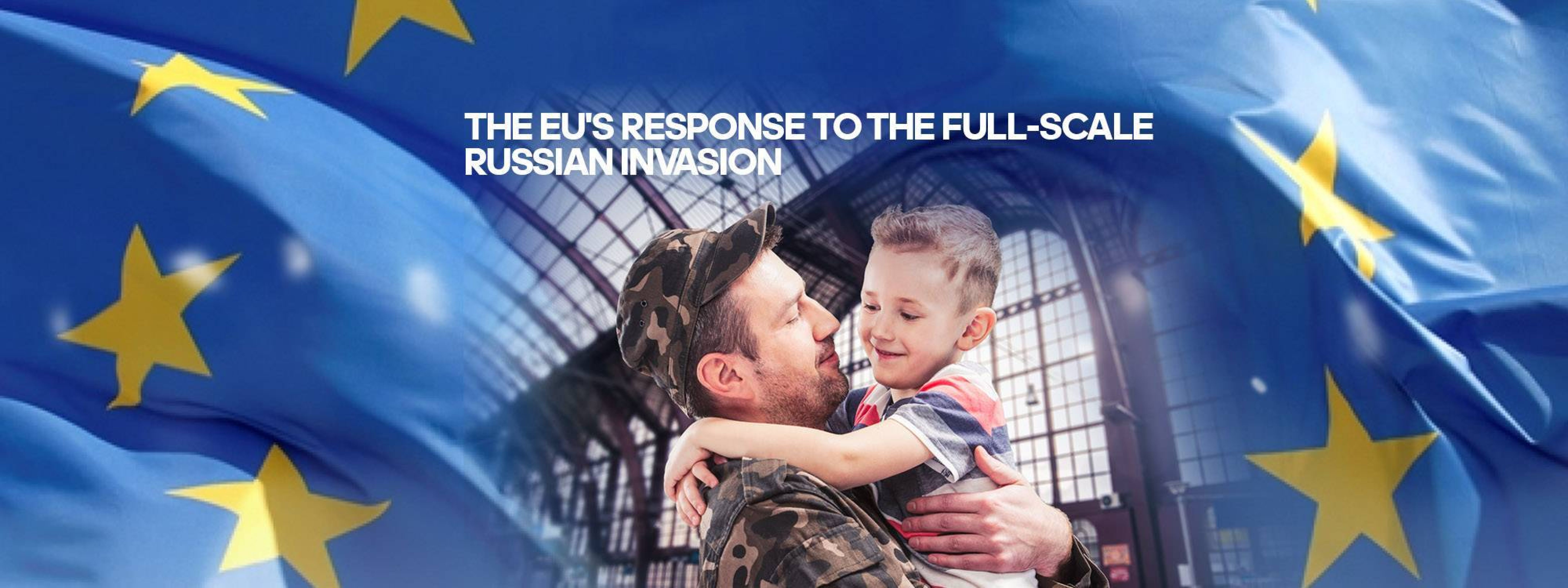
The EU’s response to the war in Ukraine
Updated: 01/03/2023
The EU stands united in its unwavering support to Ukraine in the face of Russia’s full-scale invasion, and cruel and ruthless warfare. The EU has stepped up its political, humanitarian, financial and military support to Ukraine and is systematically imposing unprecedented massive sanctions against the Kremlin in order to undermine its military power and, through economic leverage, reduce the potential for the production of means of destruction and damage, as well as the purchase of weapons and components from other countries.
Since the start of the Russian full-scale invasion, the European Union, its Member States and Financial Institutions – “Team Europe” – has mobilised almost €67 billion in grants and loans for macro-financial, budget, and emergency assistance to Ukraine.
€12 billion in military assistance under the European Peace Facility and by Member State directly to support Ukrainian Armed Forces was mobilised.
The EU Civil Protection mechanism delivers aid to Ukraine within the largest and most complex operation of the structure in its entire history. Support comes from all 27 EU Member States, as well as from Norway, Turkey, North Macedonia and the European Commission’s rescEU reserve stockpiles. It amounted over 84,000 tonnes worth EUR 516 million as of January 2023.
The Commission has allocated EUR 485 million for humanitarian aid programmes in Ukraine to be implemented by humanitarian partners on the ground.
The EU and its Member States will work with the International and European financial institutions and international organisations to continue to support Ukraine and to help it meet its urgent financing needs, to ensure the operation of key institutions, and once peace returns to restore the country’s economy and the full functioning of the mechanisms of democracy and the system of governance at all levels.
The EU, its institutions, as well as Member States, interact within Ukraine not only with state bodies but also with civil society organisations, providing targeted support to population groups affected by Russia’s full-scale invasion. At the same time, strong support is provided to Ukrainians who were forced to leave Ukraine to escape the war and are now in EU countries.
You can find more on the EU’s support to Ukraine here